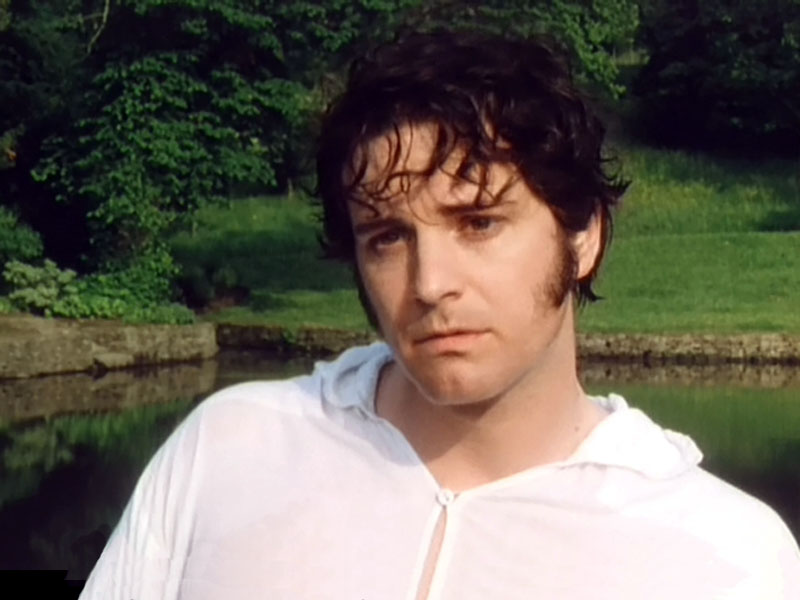 One of my favorite area in the library is the Young Adult non-fiction section. I love to learn about new things, especially history, but, let's face it--I'm no genius. Young Adult is at just the right level that I can read some interesting stuff without feeling like my brain is doing push-ups. I was very excited to discover that they have started showcasing all of the new YANF books all in one place. The bad thing is that I wanted to read them all. But this is one that I picked out, and it is basically a history of racial prejudice in Western culture. Author Marc Aronson writes from the perspective that prejudice is born in the family circle, and nurtured in society; and that we have to change ourselves in order to change society, rather than the other way around. He also saved me the trouble of writing a summary--towards the end of the book he wraps everything up (about 3,000 years) in a neat little package:
One of my favorite area in the library is the Young Adult non-fiction section. I love to learn about new things, especially history, but, let's face it--I'm no genius. Young Adult is at just the right level that I can read some interesting stuff without feeling like my brain is doing push-ups. I was very excited to discover that they have started showcasing all of the new YANF books all in one place. The bad thing is that I wanted to read them all. But this is one that I picked out, and it is basically a history of racial prejudice in Western culture. Author Marc Aronson writes from the perspective that prejudice is born in the family circle, and nurtured in society; and that we have to change ourselves in order to change society, rather than the other way around. He also saved me the trouble of writing a summary--towards the end of the book he wraps everything up (about 3,000 years) in a neat little package:"Early humans needing to be especially alert in a dangerous environment divided the world into us and them, friend and foe. Sumerians changed that to civilized and savage, which Greeks modified to Greek and Barbarian. Romans created new tiers, dividing people by wealth and background and vastly increasing the pool of slaves. Christians claimed that all such divisions disappeared when compared to the difference between God and humanity. But then Crusaders slaughtered infidels and monstrous men. Evan as encounters with new peoples shook those religious certainties, a new division arose: race. Race seemed to divide people more firmly than ever before, since each person's capabilities were set by his or her parents, and grandparents, and remote ancestors. By the twentieth century race was no longer a personal matter. The health of nations depended on maintaining absolute purity" (pg. 206).
He then moves on to the Holocaust and the Civil Rights Movement, and ends pondering where we are today:
"In writing this book, I have learned to pause. I have learned that images of others that seem absolutely true may not be. I have also learned that they cannot be wished away. Nothing is more human than to notice people who are different, and to think yourself superior or fear you are inferior. But right now, for the very first time in human history, we have learned to mistrust those feelings."
This book made me even more aware of our need to "mistrust" some of the instant judgments we might make about a person or groups of people. For me the value in reading history is looking at what happened in the past from sort of an objective, bird's eye view, and then trying to look at current times in the same critical way, to see where changes can be made. I guess that's just a confusing way of saying, "Those who do not learn from history are doomed to repeat it."
Rating: 4 Stars








